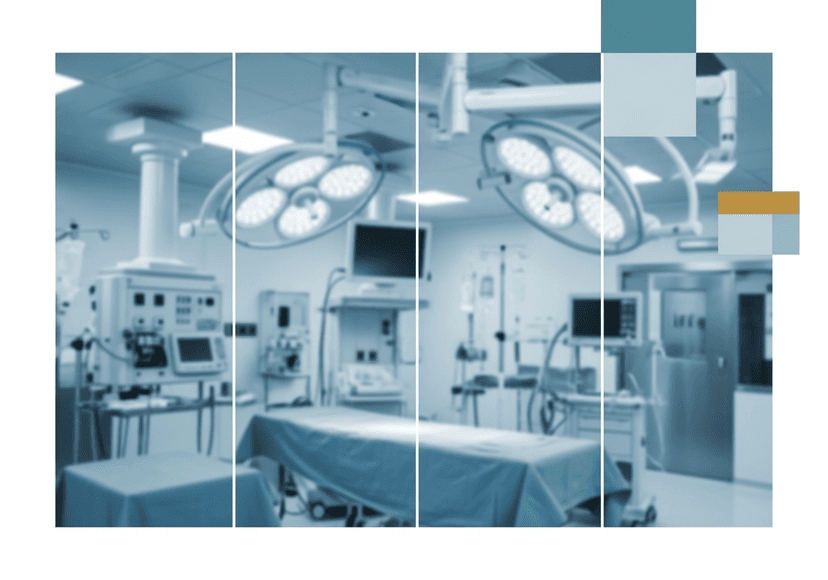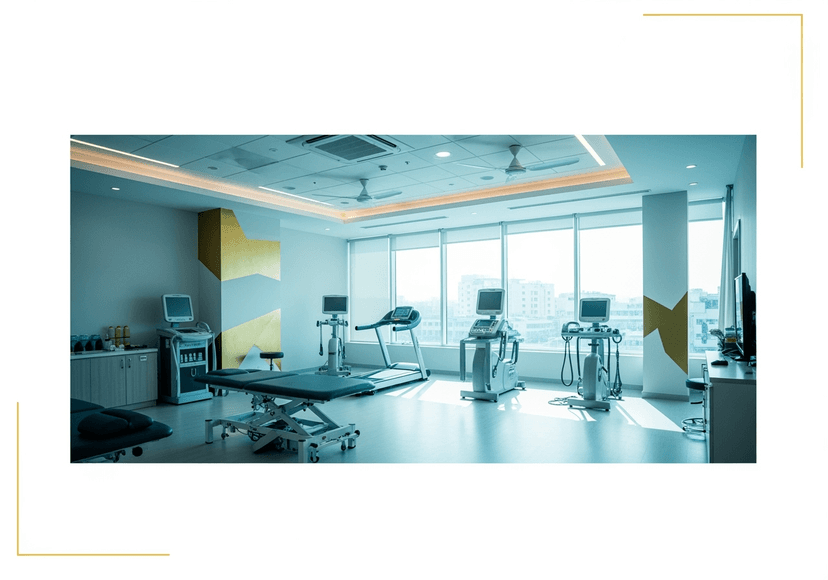
Choosing the Best Hernia Surgery: Open Hernia Surgery vs. Laparoscopic
03 May, 2023
 Obaidullah Junaid
Obaidullah JunaidA hernia is a medical condition in which an organ or tissue bulges through a weakness in the muscle or tissue that surrounds it. Hernias are most usually tracked down in the stomach district, however they can likewise happen in different pieces of the body. The hernia may require surgery in some instances. There are two primary categories of hernia surgery: laparoscopic hernia surgery and open hernia surgery. We'll talk about the differences between the two and which one might be better for you in this article.
The most common procedure for repairing a hernia is open hernia surgery. A single incision is made by the surgeon during this procedure close to the hernia. After that, the hernia sac is pushed back into the abdomen, and sutures or mesh are used to fix the muscle or tissue. The cut is then shut with stitches or staples. Most of the time, open hernia surgery is done under general anesthesia, and patients can usually go home the same day or the next.
Most popular procedures in India
Advantages of Open Hernia Surgery
One of the main benefits of open hernia surgery is that it lets the surgeon see the hernia and the tissue around it. This can be particularly significant assuming the hernia is huge or on the other hand assuming that there are different hernias that should be fixed. Open hernia surgery also has a lower risk of complications like nerve damage or damage to the organs around it.
Wellness Treatments
Give yourself the time to relax
Lowest Prices Guaranteed!

Lowest Prices Guaranteed!
Disadvantages of Open Hernia Surgery
he size of the incision is one of the main drawbacks of open hernia surgery. Recovery from surgery may take longer due to the larger incision. Additionally, there may be an increased risk of infection and additional pain and discomfort following surgery. Open hernia surgery typically requires a recovery period of four to six weeks.
Surgery for a Laparoscopic Hernia
Laparoscopic hernia surgery is a procedure that only requires a few small incisions to be made in the abdomen. Through these incisions, the surgeon then inserts a small camera and specialized surgical instruments. While the instruments are being used to fix the hernia, the surgeon is able to see inside the abdomen thanks to the camera. After that, sutures or surgical glue are used to close the incisions. Most of the time, laparoscopic hernia surgery is done under general anesthesia, and patients can usually go home the same day or the next.
Advantages of Laparoscopic Hernia Surgery
The fact that laparoscopic hernia surgery is a minimally invasive procedure is one of its primary advantages. As a result, the recovery period is typically shorter and there is less pain and discomfort following surgery. Additionally, there is a lower possibility of infection and other problems. Compared to open hernia surgery, laparoscopic hernia surgery is also associated with less scarring.
Disadvantages of Laparoscopic Hernia Surgery
One of the main drawbacks of laparoscopic hernia surgery is the possibility that not all patients will benefit from it. For instance, laparoscopic hernia surgery may not be suitable for patients who have previously undergone abdominal surgery. Additionally, it's possible that the surgeon won't be able to see the hernia as clearly as they would with open hernia surgery. Additionally, there is a slightly increased risk of complications like nerve damage or organ damage.
Which is Superior?
The individual patient and their particular circumstances ultimately determine the choice between open hernia surgery and laparoscopic hernia surgery. When a patient is in good health and has a hernia that is either small or moderate in size, laparoscopic hernia surgery is generally a good option. Patients who want to minimize scarring and have a shorter recovery time should consider it as well.
On the other hand, patients who have had previous abdominal surgery or who have a larger hernia may prefer open hernia surgery. It might also be a better choice for patients who need more complicated repairs or who have other medical conditions that could make complications more likely.
Eventually, the choice between open hernia medical procedure and laparoscopic hernia medical procedure ought to be made in conference with a specialist who can give a careful assessment and suggest the best course of therapy in view of the singular patient's necessities and conditions.
It's also important to note that some more recent methods combine open and laparoscopic hernia surgery. Laparoscopic-assisted hernia surgery, for instance, allows for direct visualization of the hernia while requiring only a small incision and the use of a laparoscope to assist with the repair. Robotic-assisted hernia surgery and other methods are also becoming more common.
In the end, the surgeon's experience and the patient's particular circumstance determine which of these approaches to use. Patients ought to examine these choices with their specialist and get some information about the dangers, benefits, and anticipated results of each methodology.
In conclusion, both open and laparoscopic hernia surgery are successful treatments. Open hernia surgery may be a better option for some patients who have larger or more complex hernias, despite the fact that laparoscopic hernia surgery is frequently preferred due to its minimally invasive nature and quicker recovery time. In the end, choosing between these approaches should be done in conjunction with a skilled surgeon who can conduct an in-depth evaluation and suggest the most effective course of treatment for each patient.
Related Blogs

Getting a Second Medical Opinion from Indian Doctors – 2025 Insights
Explore getting a second medical opinion from indian doctors –

Post-Surgery Recovery Tips for International Patients – 2025 Insights
Explore post-surgery recovery tips for international patients – 2025 insights

Best Countries for Affordable Healthcare in 2025 – 2025 Insights
Explore best countries for affordable healthcare in 2025 – 2025

A Guide to Indian Healthcare for Sri Lankan Patients – 2025 Insights
Explore a guide to indian healthcare for sri lankan patients

Heart Bypass Surgery in India: What International Patients Should Know – 2025 Insights
Explore heart bypass surgery in india: what international patients should

Best Physiotherapy Centers in India for Medical Tourists – 2025 Insights
Explore best physiotherapy centers in india for medical tourists –










